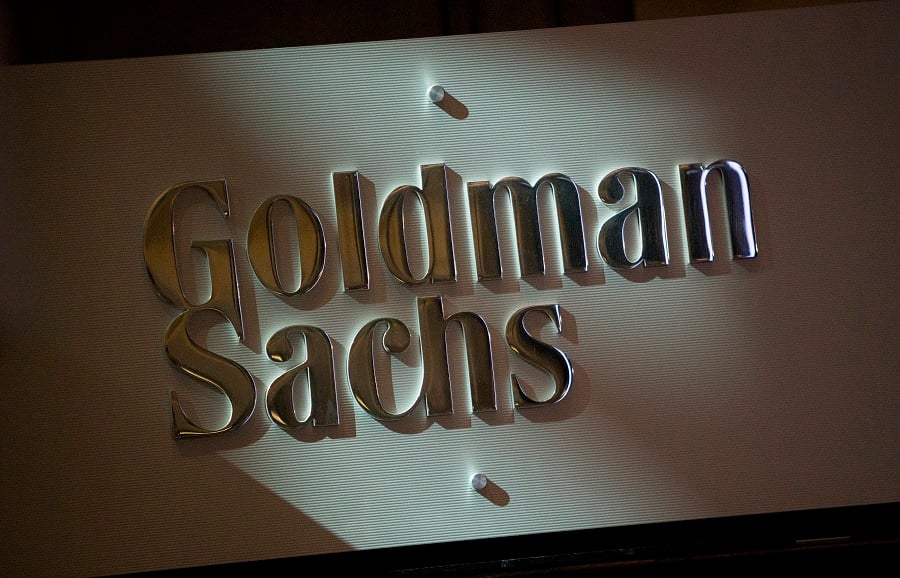

Goldman Sachs Group Inc. is closing down its automated-investing business for the masses after clinching a deal with Betterment.
The bank has struck an agreement to transfer clients and their assets from the unit known as Marcus Invest to Betterment, a $45 billion digital investment-advisory firm. The transfer is expected to be completed by the end of this quarter.
“This acquisition further cements our leadership in the digital investing space,” Betterment Chief Executive Officer Sarah Levy said in an emailed statement. The firm’s assets have roughly doubled since Levy took over as CEO at the end of 2020. “We are excited to welcome these customers to Betterment.”
While the deal price is expected to be immaterial, it’s another piece of the consumer empire Goldman once dreamed of that the bank is now scaling back. The New York-based firm had rolled out the robo-advisory product, which is separate from the more popular Marcus savings-account offering, as part of a suite of products that was billed as a “more comprehensive consumer-banking offering.”
The banking heavyweight, known for its prowess in catering to the ultra-wealthy, eyed Marcus Invest as a way to lure new customers with balances as low as $1,000. But an about-face involved Goldman ditching most of those retail-banking ambitions and retraining its focus to what it knows best: its Wall Street operations.
The bank is still building out its deposits business that has helped reduce its reliance on costlier unsecured borrowings as a source of funding, and has increased its balances to more than $110 billion.
It was a sensible plan “to build a proper deposits franchise which really has been a big success for the firm,” Goldman President John Waldron said at a Semafor event last week while discussing the arc of the bank’s consumer business.
The challenges arose as the bank sought to build out other consumer-focused products, hoping it could use its big-bank standing and tech while still acting as a nimble disruptor, according to Waldron.
“We thought we could be competitive,” he said. “I think we learned it’s a lot harder than we thought it was.”
Marcus Invest took flight in 2021, and the bank highlighted the clinching of more than 10,000 accounts in just the first few months, with a majority opened by existing clients. It was touted as an example of the progress Goldman was making in building its cross-product digital-banking capabilities.
When the bank first started scaling back its consumer-banking goals, it still hoped that the investing tool would find a home, expecting to steer well-to-do clients and employees at corporate partners to the more-affordable advisory product. It never really gained much traction, and the agreement with Betterment will free up resources as it looks to expand its business with high-net-worth clients.
Goldman’s customers can opt out of moving their assets to Betterment as part of the deal, which doesn’t involve acquiring any Goldman technology or employees.

While industry statistics pointing to a succession crisis can cause alarm, advisor-owners should be free to consider a middle path between staying solo and catching the surging wave of M&A.

New joint research by T. Rowe Price, MIT, and Stanford University finds more diverse asset allocations among older participants.

With its asset pipeline bursting past $13 billion, Farther is looking to build more momentum with three new managing directors.

A Department of Labor proposal to scrap a regulatory provision under ERISA could create uncertainty for fiduciaries, the trade association argues.

"We continue to feel confident about our ability to capture 90%," LPL CEO Rich Steinmeier told analysts during the firm's 2nd quarter earnings call.
Orion's Tom Wilson on delivering coordinated, high-touch service in a world where returns alone no longer set you apart.
Barely a decade old, registered index-linked annuities have quickly surged in popularity, thanks to their unique blend of protection and growth potential—an appealing option for investors looking to chart a steadier course through today's choppy market waters, says Myles Lambert, Brighthouse Financial.
